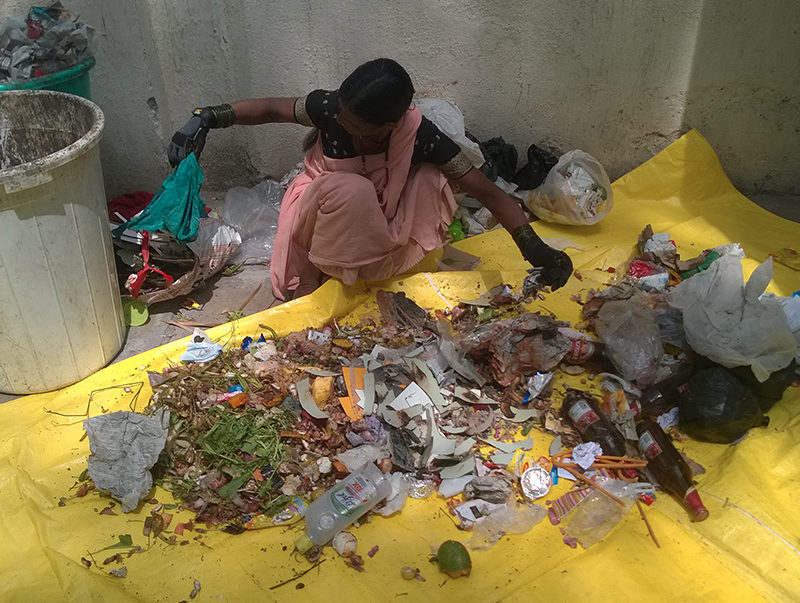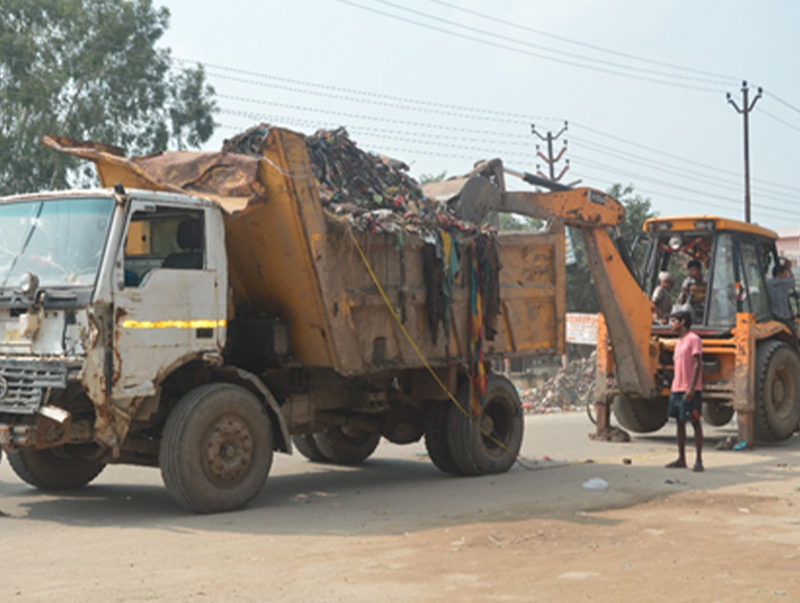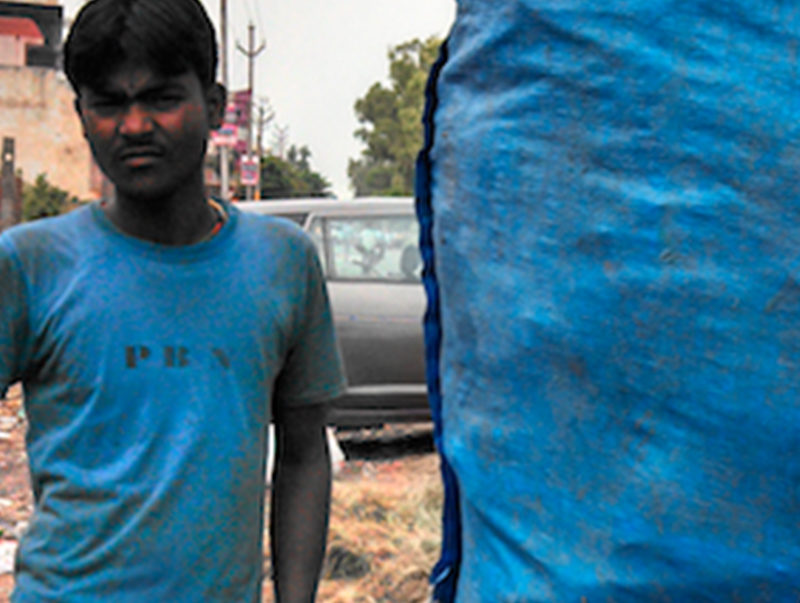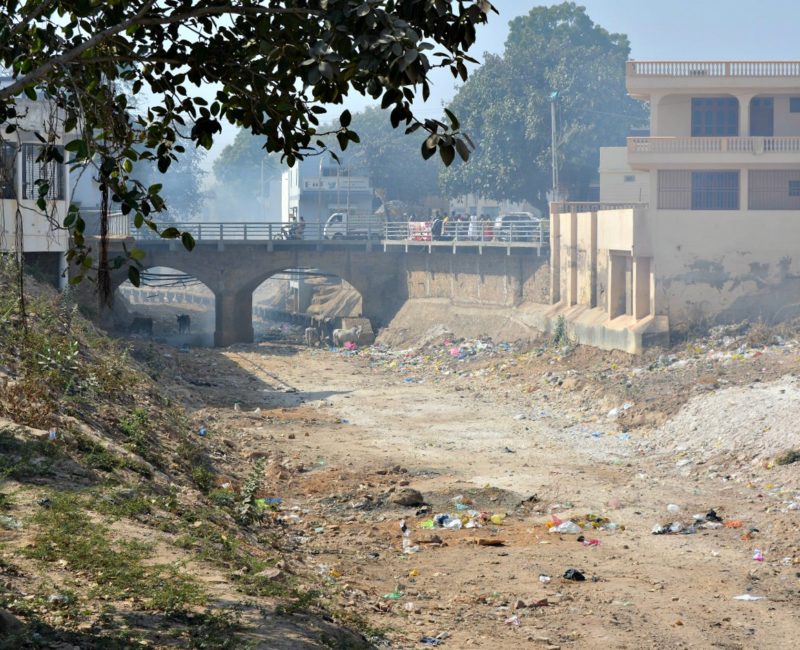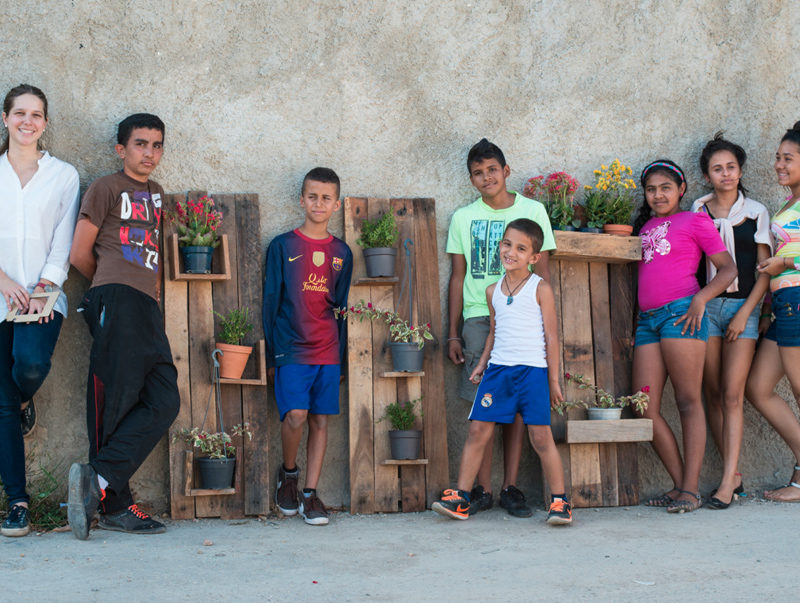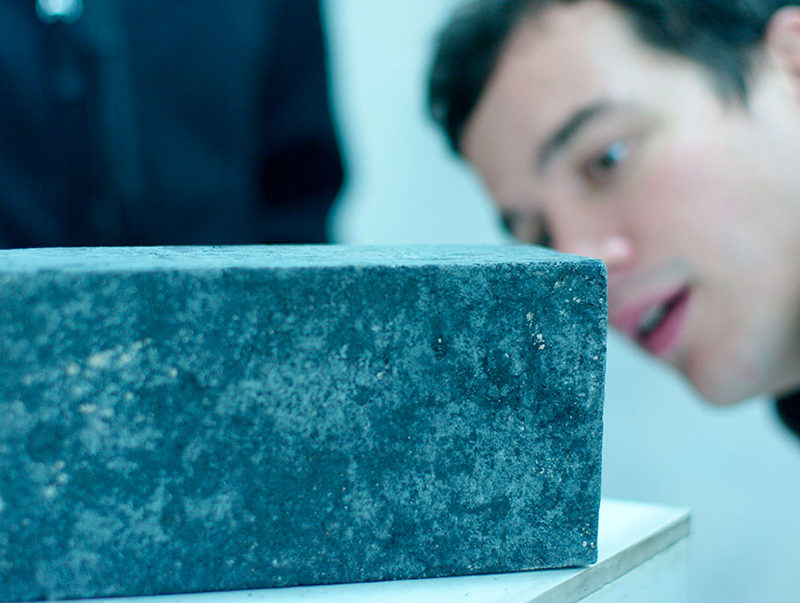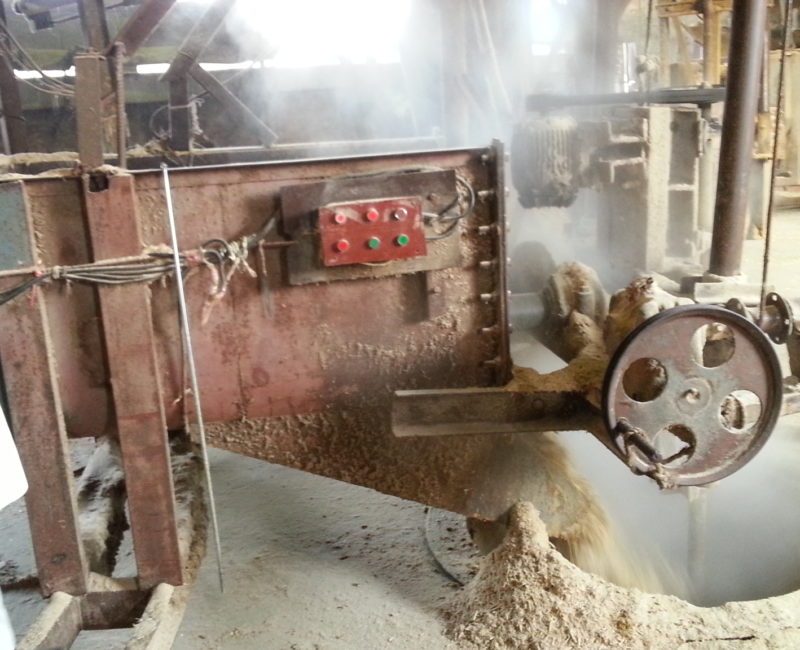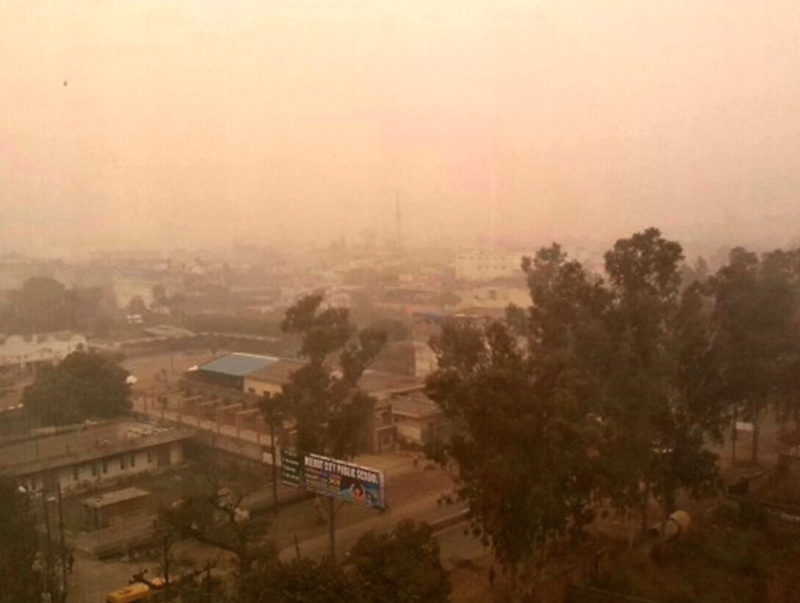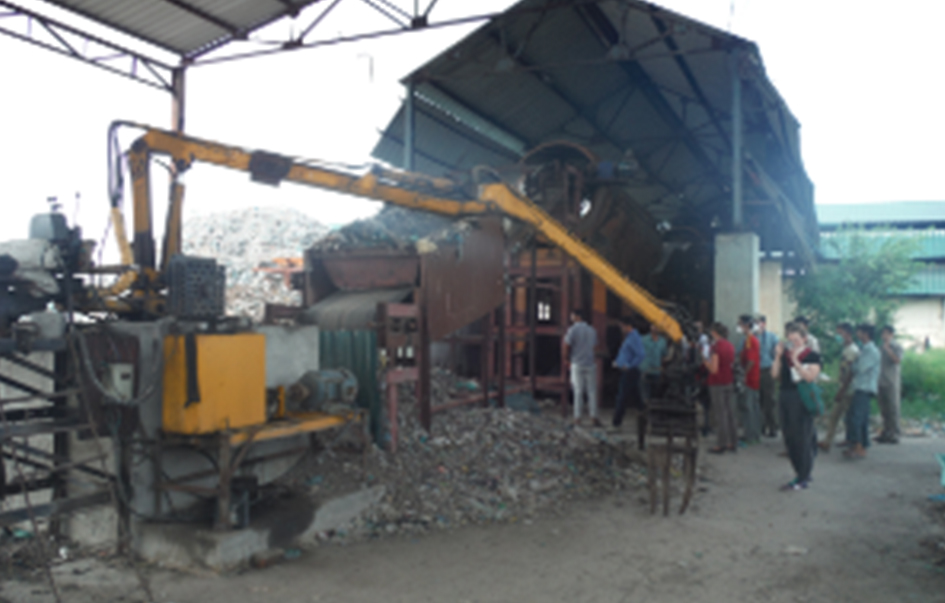
PROJECT DETAILS
- Focus Area Environment Past
- Faculty Eric Adams, Julie Katherine Karceski
- Fellow Yeqing Liu, Ellen Huang
Municipal solid waste (MSW) is a big issue in India due to population growth and densely populated cities. We are working with A2Z Infrastructure Limited, a MSW management company to optimize their composting process of organic MSW. Although A2Z is headquartered in Kanpur, India, more resources are available to our group at the A2Z facility in Muzaffarnagar.
Essentially, we are exploring a couple of different research avenues. These include adding wastewater to the MSW to increase carbon:nitrogen ratios, adding oxygen to increase the compost production rate, optimizing windrow turner sieve sizes, and/or evaluating the potential for chemical contamination. With regard to A2Z’s pilot anaerobic digestor project, potential research options include assessing the system performance compared to other anaerobic digestion processes or evaluating the feedstock to further optimize the process.
Julie: I am studying the composting process, either anaerobically (producing fuel) or aerobically (producing fertilizer). Depending on whether I study the aerobic or anaerobic process, I will be interested in producing either methane fuel or a more environmentally-friendly fertilizer.
Yeqing: I am interested in the optimization of composting with the addition of wastewater to increase carbon:nitrogen ratios and reduce water usage.
Ellen: I will be studying both the compost distribution to farmers (i.e. how to market the product) and also testing for the presence of pathogens that could harm the user (i.e. farmer) or consumer of crop yields.



